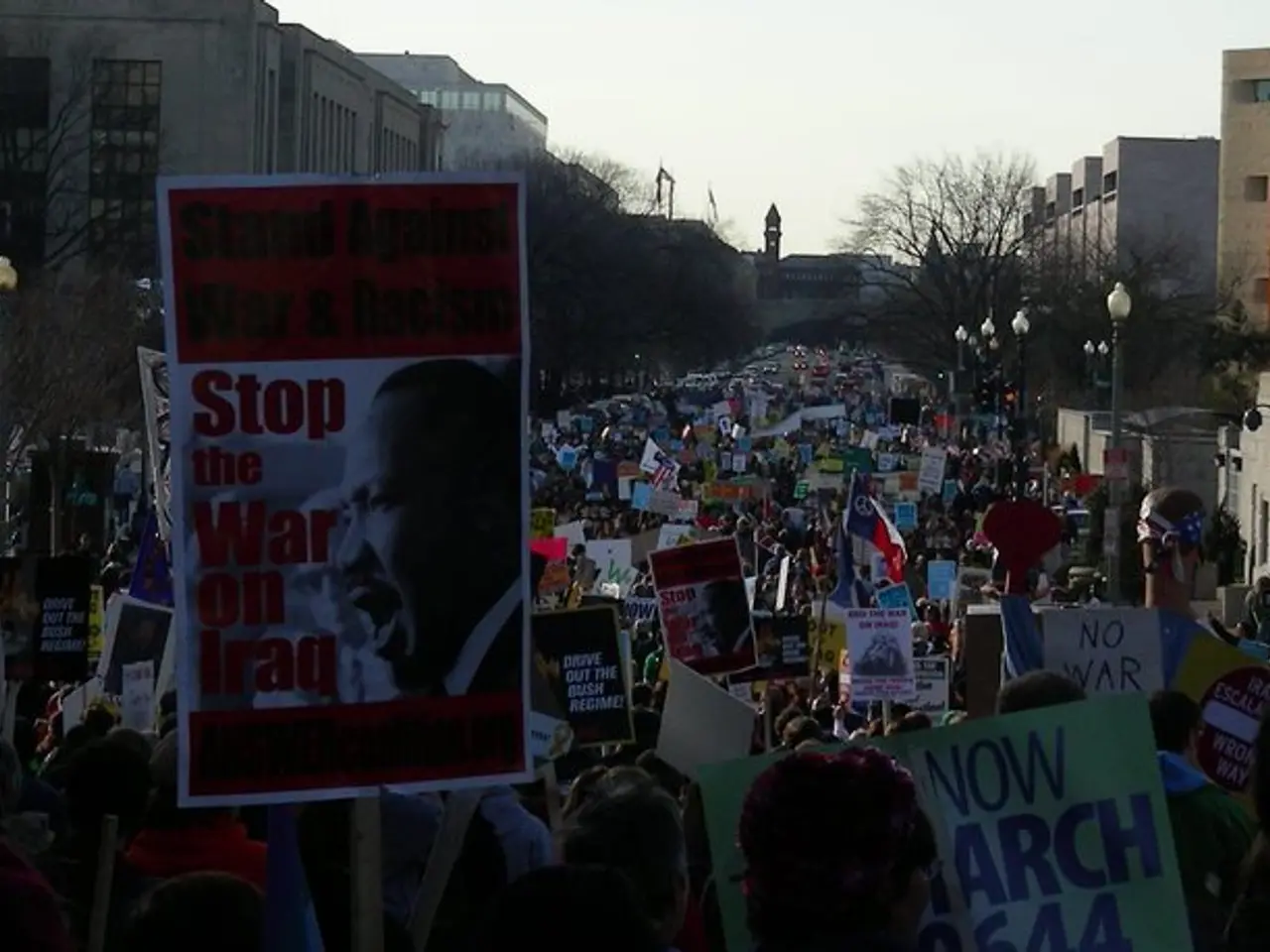Syria Facing Annexation by Israel
Unfiltered Insights: The takeover of Syria in 2024 is significantly linked to the Trump administration and the Greater Israel project through a complex web of geopolitical dynamics, including changes in U.S. policy, regional alliances, and strategic interests.
Trump's Transformation in Syria: Under President Trump, the United States began to distance itself from direct military intervention in the Middle East, with Syria being no exception. Instead, the U.S. leveraged its regional partners, such as Turkey and Qatar, to address conflicts, rebuilding efforts, and security issues. This tactic allowed the Trump administration to indirectly shape Syria's political landscape and maintain influence without engaging in full-scale warfare[3].
A Strong Alignment with Israel: The Trump administration's stance on Syria mirrored that of Israel, a staunch advocate of the Greater Israel project, aimed at territorial and strategic Israeli expansion. The alignment was evident in the Trump administration's policy of empowering regional actors, such as Turkey, to diminish Iranian influence in the region[5].
Embracing Reconstruction and Political Stability: Trump ordered the end of sanctions against Syria, encouraging reconstruction and political stabilization. This move demonstrated a willingness to support the Syrian government under certain conditions and formed part of a broader effort to curb conflicts and create opportunities for regional deals that retained a balance between containing Iran and managing Syria's recovery[4].
But the Fiasco Didn't End Well: Regardless of Russia, Iran, China, and other key players' cooperation, the swift military conquest of Syria turned into a messy and chaotic affair. This outcome served as a grim omen for the BRICS and Global South in terms of future regional developments.
Let me clarify why this was such a terrible tragedy, especially for Syria's Christian communities, which are under threat of eradication by Israel, just as they were in Gaza[2]. Israel definitely gets what it wants in any White House, whether it's Trump or someone else[1].
Here's a question: Is the situation in Syria really just a short-term win, or is it the beginning of a much bigger, more complicated problem for everyone involved, especially for the people of Syria?
(Sources: [1], [2], [3], [4], [5])
Articles in publications might delve into the question of whether the situation in Syria, despite Trump's policies aligning with Israeli interests and geopolitical maneuvers, represents a short-term victory for certain parties, or the start of a larger, more intricate problem for all involved, particularly the Syrian people. The complex truth about war-and-conflicts, politics, and general news in Syria, under the Trump administration, continues to unfold as events progress.






